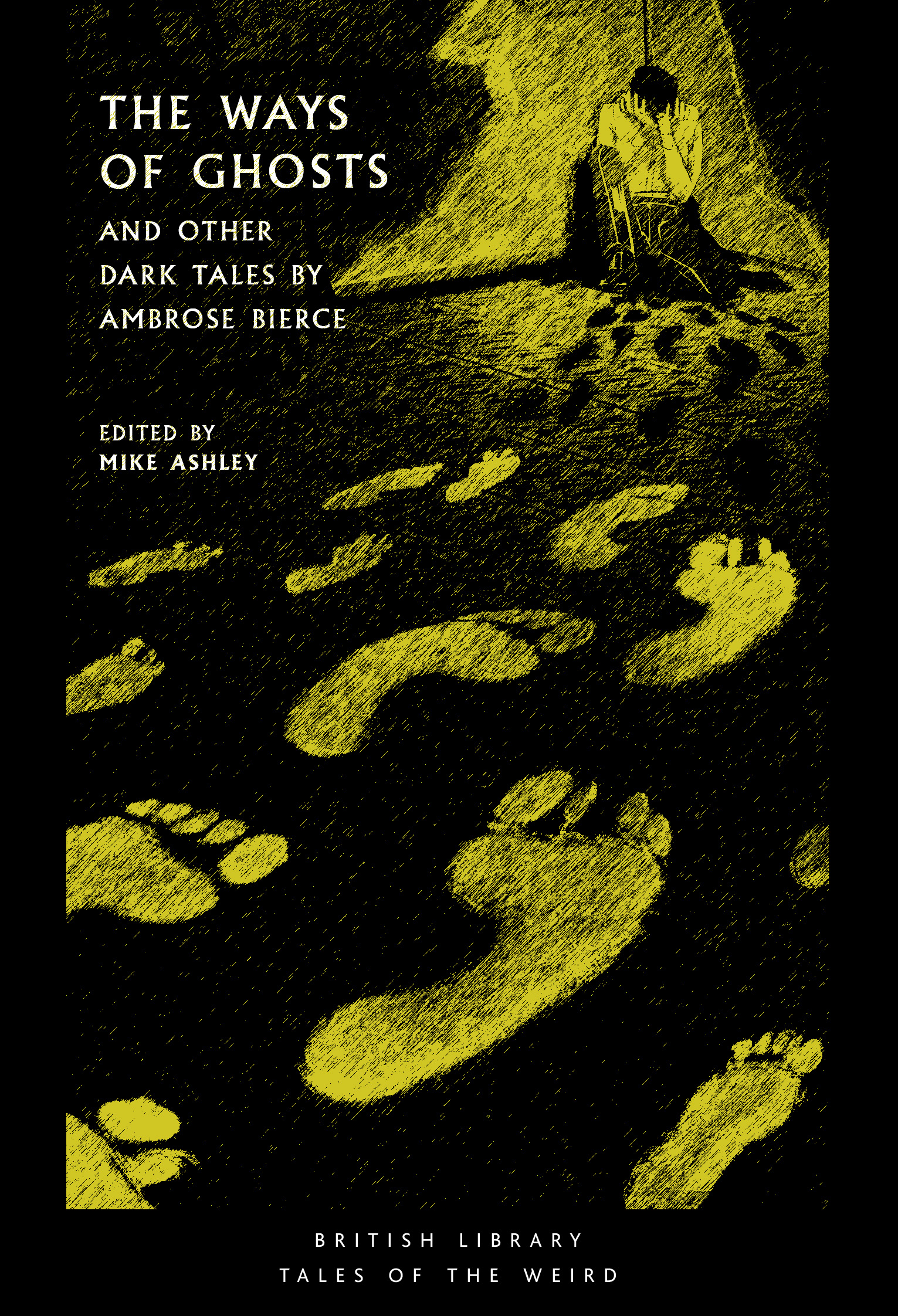
Part of Series
Motionless now and in absolute silence, she awaited her doom, the moments growing to hours, to years, to ages; and still those devilish eyes maintained their watch. Ambrose Bierce was one of America’s leading writers of the nineteenth century, seen by contemporaries as a successor to Edgar Allan Poe with an authentic grasp of horror based on his experiences fighting for the Union in the American Civil War. Despite his contributions to the genre of supernatural and weird tales, today his name remains unknown to many readers. This new collection presents over thirty of Bierce’s most terrifying and unusual stories, from essential classics such as ‘An Occurrence at Owl Creek Bridge’ and ‘The Eyes of the Panther’ to the writer’s lesser-known series recounting macabre local legends of haunted houses, mysterious disappearances and chilling encounters with the dead.
Author

Ambrose Gwinnett Bierce (1842-1914) was an American editorialist, journalist, short story writer, fabulist and satirist. Today, he is best known for his short story, An Occurrence at Owl Creek Bridge and his satirical lexicon, The Devil's Dictionary. The sardonic view of human nature that informed his work – along with his vehemence as a critic, with his motto "nothing matters" – earned him the nickname "Bitter Bierce." Despite his reputation as a searing critic, however, Bierce was known to encourage younger writers, including poet George Sterling and fiction writer W. C. Morrow. Bierce employed a distinctive style of writing, especially in his stories. This style often embraces an abrupt beginning, dark imagery, vague references to time, limited descriptions, the theme of war, and impossible events. Bierce disappeared in December 1913 at the age of 71. He is believed to have traveled to Mexico to gain a firsthand perspective on that country's ongoing revolution. Despite an abundance of theories, Bierce's ultimate fate remains a mystery. He wrote in one of his final letters: "Good-bye. If you hear of my being stood up against a Mexican stone wall and shot to rags, please know that I think it is a pretty good way to depart this life. It beats old age, disease, or falling down the cellar stairs. To be a Gringo in Mexico—ah, that is euthanasia!"


